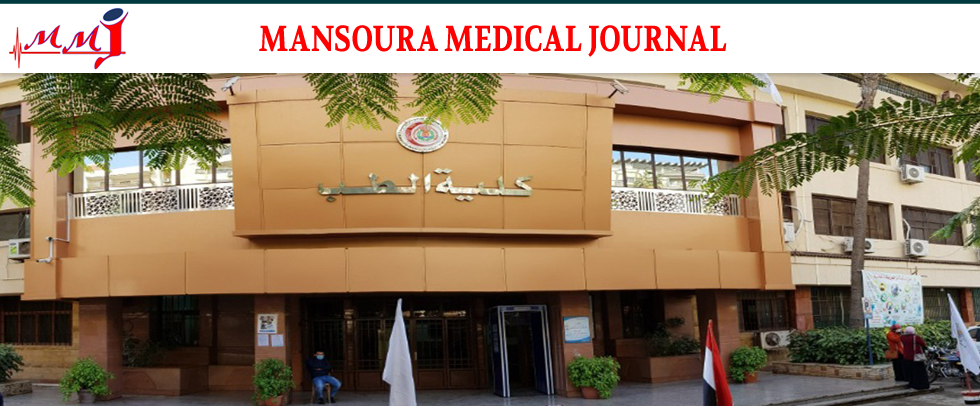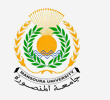Subject Area
Hematology and oncology
Article Type
Review Article
Abstract
CAR T-cell therapy is a recent modality which uses the own T cells of the patient, CAR which represents the genetically engineered and modified fraction of the T cells, includes protein that permit T cells to attack the malignant cells. CAR T can provide long term control of the disease and potential protection against relapse. Chimeric antigen receptor (CAR) T-cell therapy is considered a novel powerful treatment for hematological malignancies. Toxicity still the most common challenge for CAR use. Most common toxicities are cytokine release syndrome and neurologic toxicity. Different factors may influence toxicities as disease burden, conditioning regimens, CAR T-cell dose and CAR design. In this review the role of CARs in treating Acute lymphoblastic leukemia (ALL) will be discussed. Immunotherapy is now a pillar of cancer therapy. In which, it mediates its effect through activation of the host immune system to fight malignant cells, different from chemotherapy, which exert its effect by cytotoxic properties. Many immunotherapies have been developed such as vaccines and antibody therapies. We are going to focus on Chimeric Antigen Receptor (CAR) T-cell therapy and it is role in acute lymphoblastic leukemia treatment.
Recommended Citation
khafagy, Omar; EL-Ashwah, Shaimaa; and Shoma, Ashraf
(2022)
"Could CAR-T cell therapy be promising agent in acute lymphoblastic leukemia?,"
Mansoura Medical Journal: Vol. 51
:
Iss.
1
, Article 1.
Available at:
https://doi.org/10.21608/mjmu.2021.103500.1048
Creative Commons License

This work is licensed under a Creative Commons Attribution 4.0 International License.



